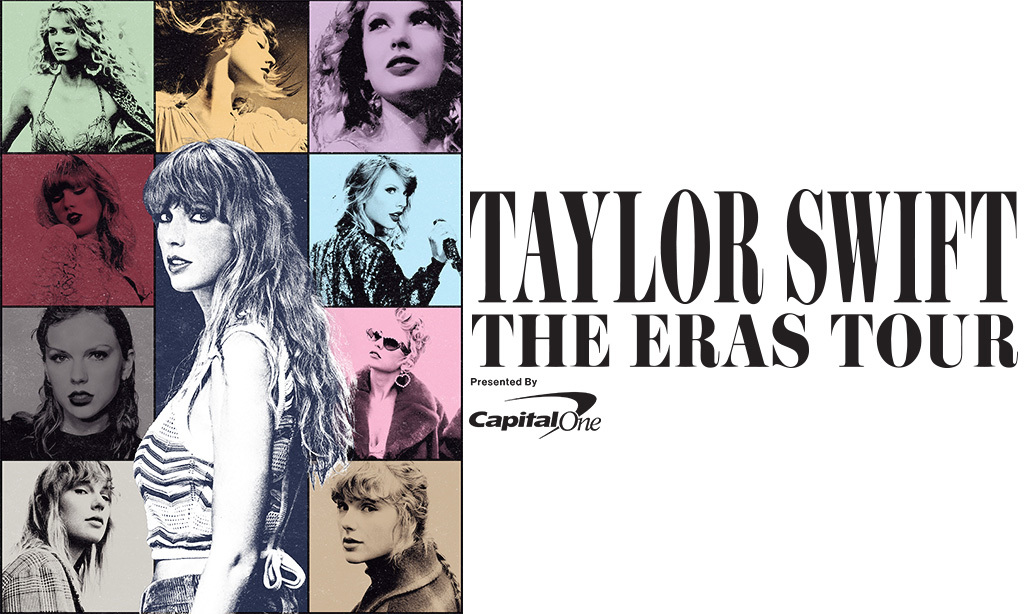
Owen Hu, Grade 12

He stared at the Ticketmaster website with a friend, waiting, wanting, hoping to get Seattle tickets for Taylor Swift’s Eras Tour. Millions were in the queue. He didn’t have a pre-sale code, but he was rooting for his friend, the only Swiftie he knew who wouldn’t chide him for knowing every Swift song, every line, by heart. But in waiting, minutes turned to hours. Alas, Ticketmaster crashed.
They didn’t get tickets.
That fateful November day was one of dual emotions: of ecstasy for some and angst for others, of dreams realized and hopes shattered. After Taylor Swift, by many measures the biggest singer-songwriter in our modern age, entrusted Ticketmaster Entertainment, Inc., a ticket-distributing company, with sales for her upcoming Eras Tour—Swift’s sixth major concert tour and first in four years—she was promised the site could manage the sheer volume of her fans. However, with Ticketmaster reporting around 14 million unique users trying to buy one of 2.4 million tickets all at once, it seemed inevitable that the site would go on to crash, report numerous technical failures, and shut out the vast majority of fans from landing a golden ticket.
Although the scandal may be easily blamed on Swift’s unexpected fanbase and demand for the Eras Tour, the ensuing controversy and global media coverage of Ticketmaster’s failures sheds light on a deeper economic issue. Namely, after Ticketmaster merged with events company Live Nation in 2010, the resulting organization gave the company a complete monopoly on the entertainment events ticketing industry. Not only does Ticketmaster—under parent company Live Nation Entertainment—hold a monopoly on ticket sales for consumers, it also holds disproportionate power over venue organizing, events bookings, and where artists choose to perform. For customers, venues, and the artists themselves, there is no choice but to use Ticketmaster’s services, in spite of all of its flaws. Unsurprisingly, then, were the criticism, antitrust investigations, and lawsuits against it—with millions of fans of today’s biggest artist upset, the controversy generated unprecedented publicity for an entertainment corporate giant.
The aftermath? The United States Department of Justice opens antitrust investigations. “Break Up Ticketmaster,” a coalition against Ticketmaster’s unregulated monopolistic power, lobbies for a reversal to the 2010 merger. And multiple high-profile lawsuits are filed accusing Ticketmaster of antitrust violations.
With the Eras Tour commencing earlier in the spring to universal critical acclaim and perennial appeal, millions of fans are enjoying their hard-fought spots across America’s stadiums. But behind each stadium seat is a story of a fan’s battles against Ticketmaster and its current era defined by controversy. Although Swift’s Eras set is only just over three hours long, the road to fairer competition in intersectional industries such as the entertainment-ticketing one will be longer: we can only hope it will result in an ending as timeless as Swift’s eras and social impact.